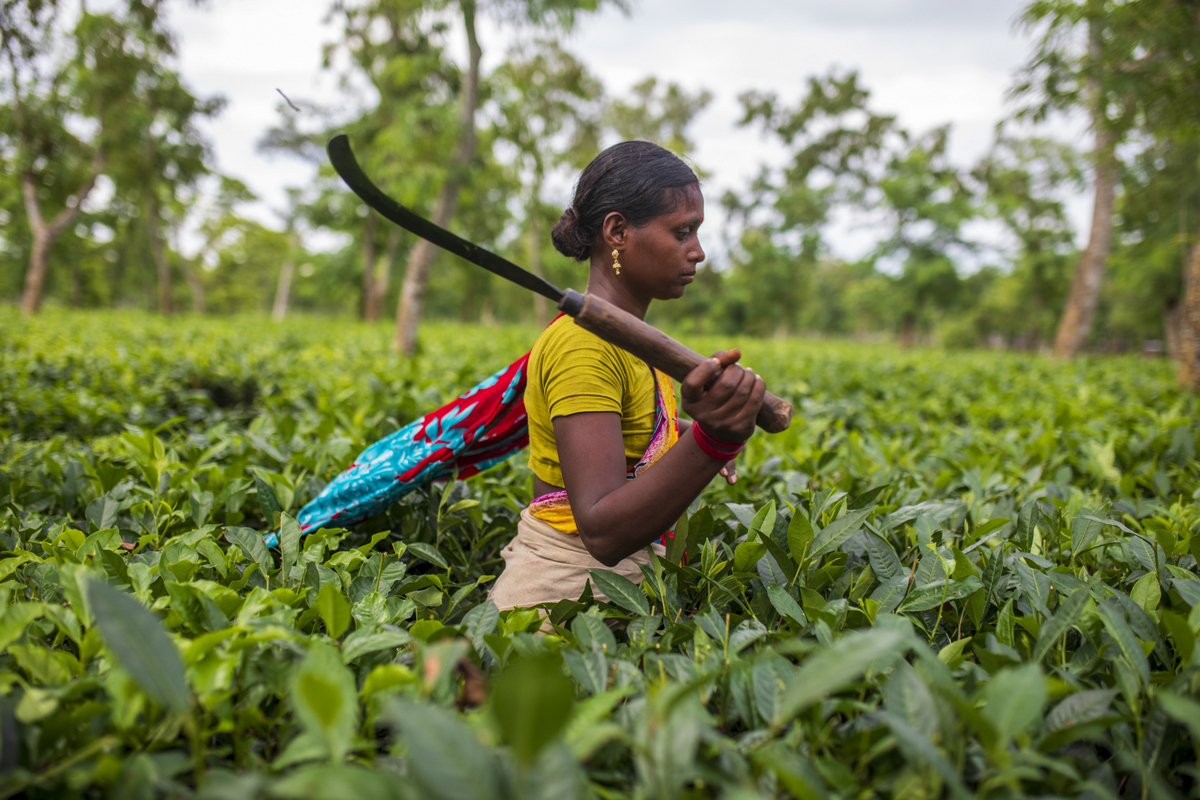The Diocese of Rochester Poverty and Hope Appeal is our annual fundraising opportunity to express our Christian belief in justice for the poor.
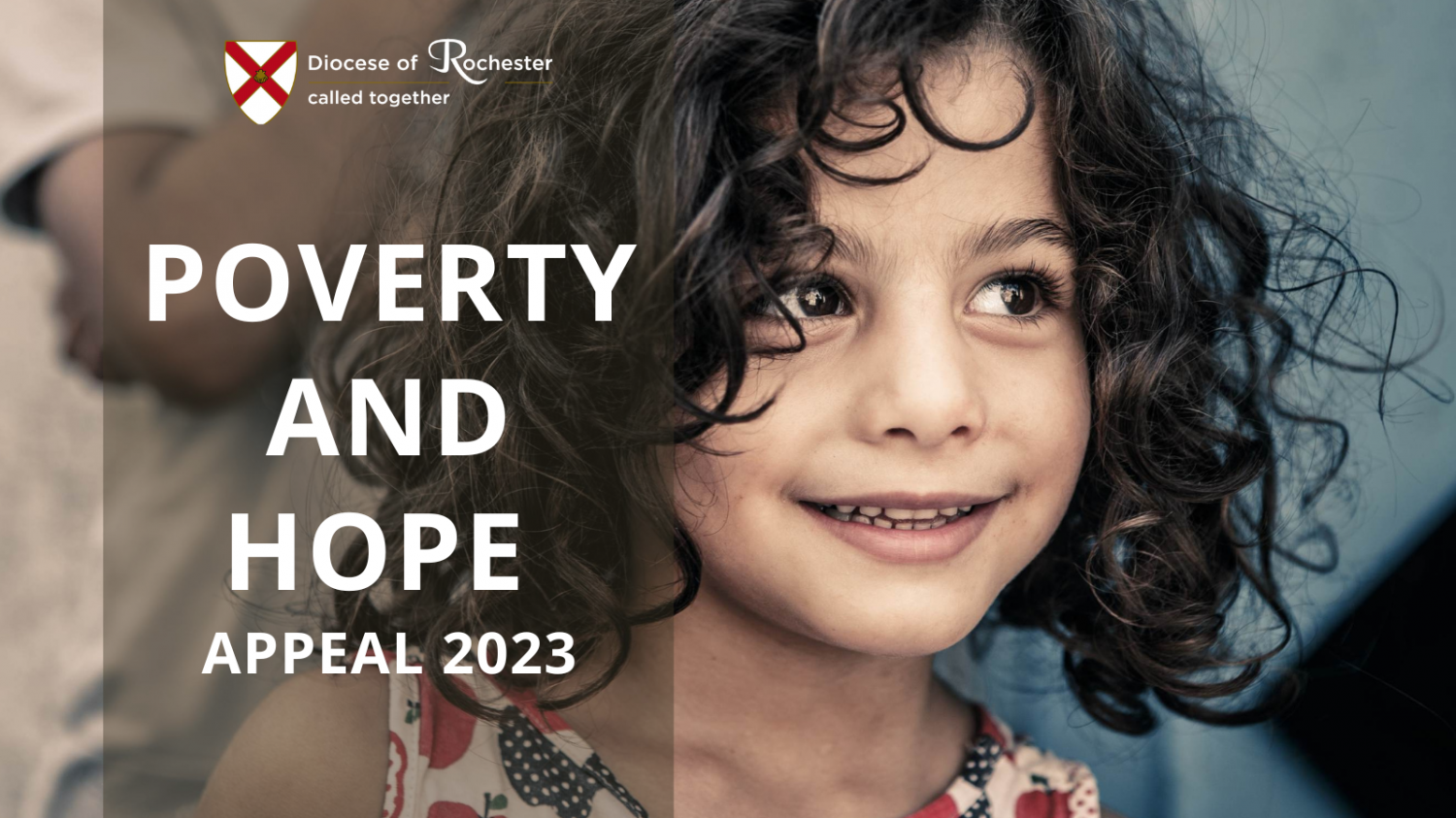
For four decades, The Poverty and Hope Appeal has allowed us to play our part in tackling the causes and effects of poverty in different parts of the world.
In 2022, through the generosity of churches and individuals, over £23,000 was raised for the Appeal’s chosen projects. Thank you!
This year will continue to support:
- people living in the slums and prisons of Brazil
- children's education in rural Myanmar
- left behind minorities in Bangladesh
To these, we are adding exciting new initiatives: irrigation and bee-rearing pilot schemes in Tanzania and Zimbabwe and links via Amos Trust with several grass-roots organisations promoting reconciliation and hope in the Bethlehem area.
Every gift you make will go to these initiatives relieving poverty and the fear that stalks it.
DONATE ONLINE NOW
This year's projects
Since the Poverty and Hope Appeal was first launched 45 years ago, it has worked in partnership with three major Christian charities to provide bridges between donors in Rochester and those living in some of the poorest countries of the world.
Today we continue to stand together with Christian Aid, USPG and CMS, who in turn link us with trusted and experienced local partners who best understand the needs of the communities in which they work.
Empowering Minority Communities in Bangladesh (Christian Aid)
Eleven per cent of the population of Bangladesh belongs to a minority community and is under-represented in government. The ‘Empowering Left-Behind Minority Communities’ project will enable these communities to find opportunities, use their voices, claim their rights and be involved in the development process of Bangladesh.
The project, focussing on improved representation and vocational training for lower caste and other disadvantaged minority groups, is nationwide and overlaps with other Christian Aid work in the country. It is mainly funded by the European Union and has been running since 2021.
The project attracts 5:1 matched funding from the EU, subject to a minimum commitment of £5,000. Recent activities included a major photo exhibition and related events at the Bangladesh National Museum in Dhaka.
These events served to raise awareness of the livelihoods, occupational discrimination, and other challenges faced by minority communities.
There has also been cooperation with government social services in providing vocational training in tailoring and beauty treatments.
Hidden voices of the Favelas (CMS)
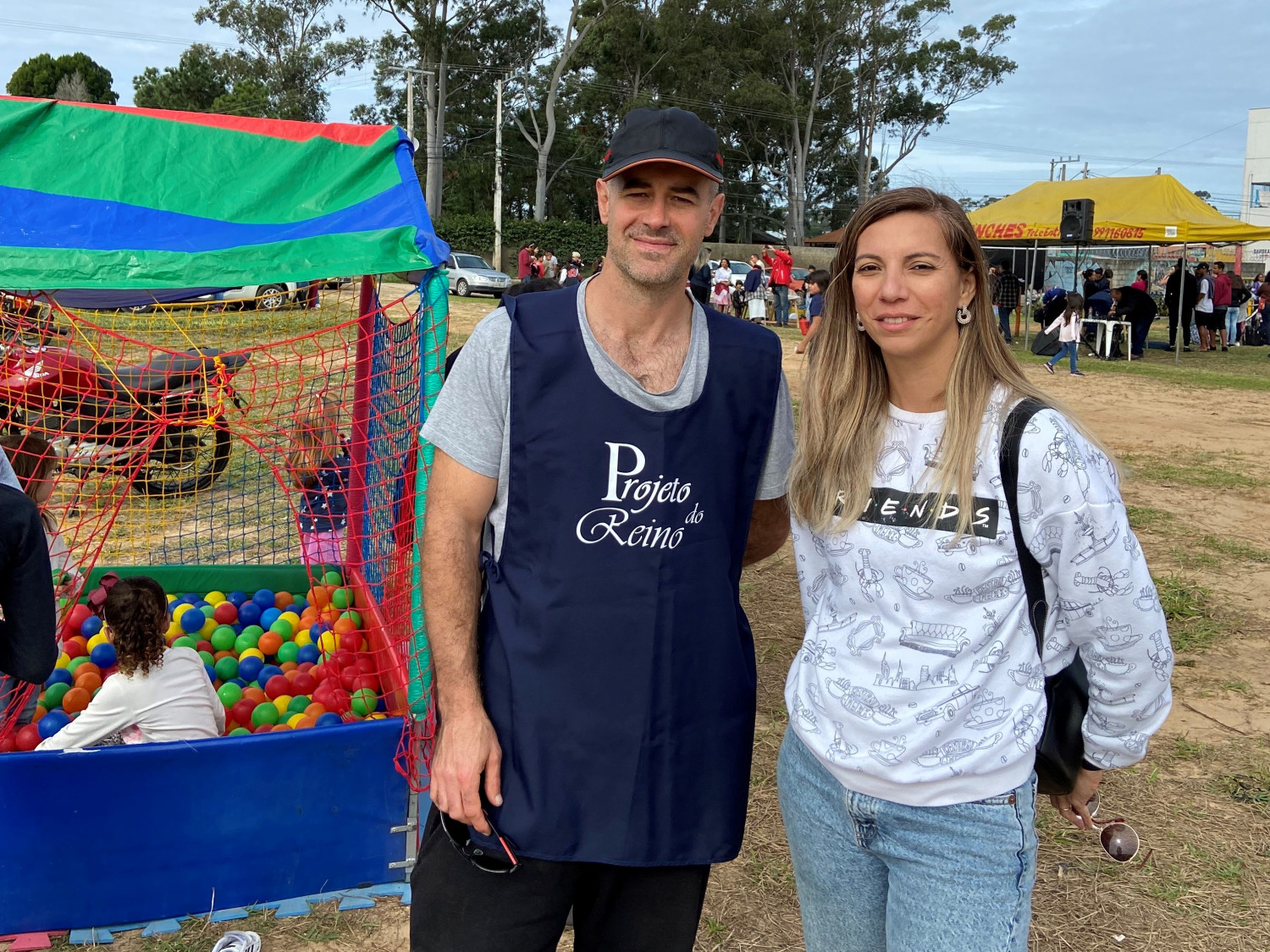
Inequalities in Brazil are among the worst in the world. Florianopolis, in the south, has many favelas (slums), which are controlled by drugs and gangs and house much of the city’s population. Through CMS supported individuals - Andy and Kati - this project is about engaging subcultures on the fringes including impoverished migrant communities and people that get caught in the cycle of crime just to survive.
They have participated in family days and in the distribution of food parcels. Andy is now working as a chaplain in two men’s prisons – a low-security remand one and a high security one for convicted criminals.
In Brazil, men can be held for several years on remand and eventually released without being tried, resulting in additional stress for them and their families. Kati is awaiting clearance to be able to work in a women’s prison.
The third aspect of their work is at a drug rehabilitation centre, which has a Christian ethic but is not overtly evangelistic.
Myanmar Education Programme (USPG)
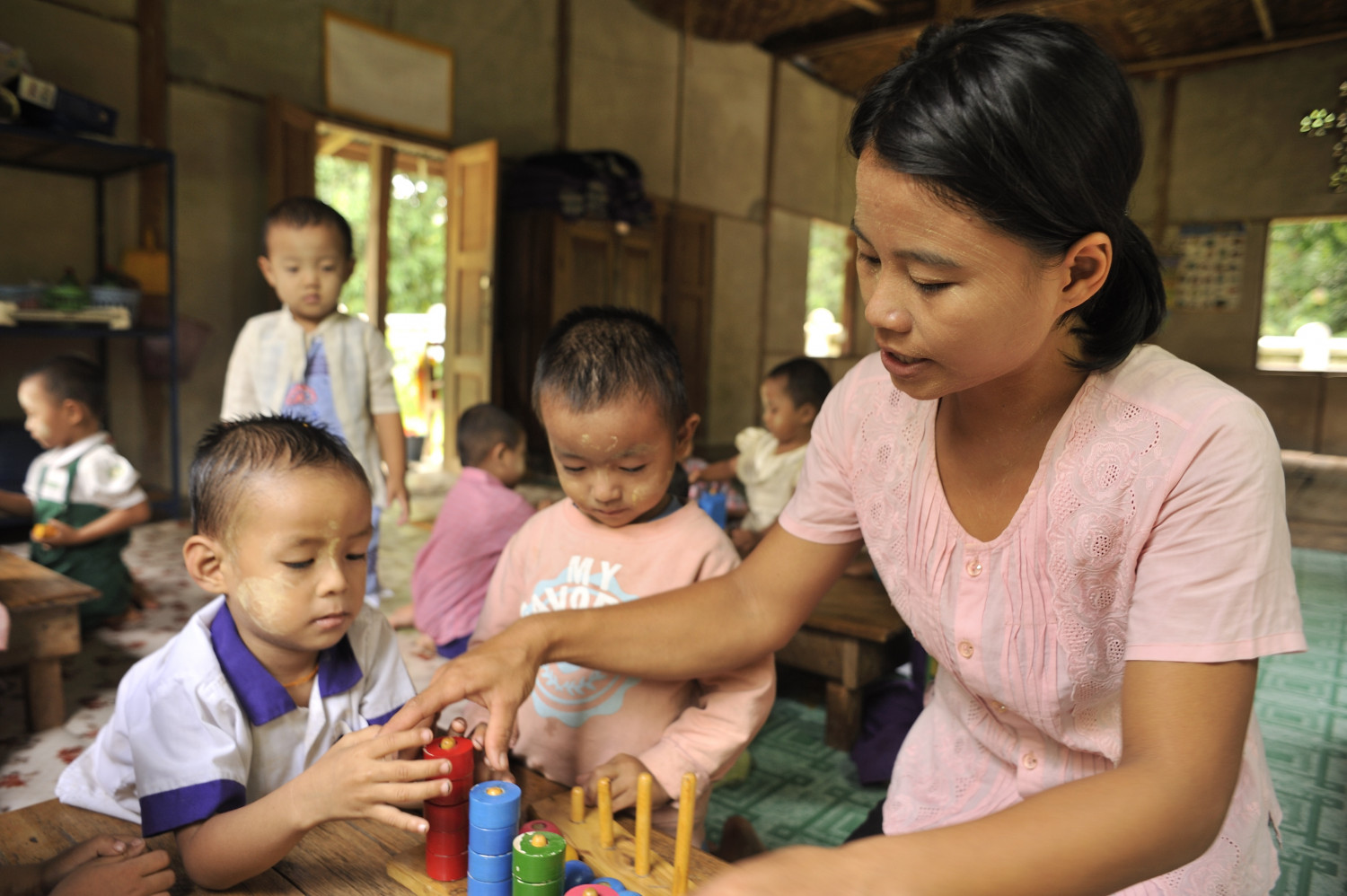
Seventy per cent of Myanmar’s population lives in rural areas. In remote places, children and young people often have to travel in small boats and walk or cycle for hours to reach schools or live in boarding houses away from their families. The programme aims to raise the standard of teaching, increase school attendance, and strengthen Church and community leadership in education.
The programme is spread over remote rural areas, with many of the children coming from minority ethnic groups. The main uses of funds have been for teacher training, provision of teaching materials, and payment of tuition and accommodation fees for children of poorer families.
There are 1,200 children involved, in 13 primary and 9 secondary schools. Alongside regular education, children have also been taught about healthcare and hygiene, which has been important while Covid 19 is still prevalent.
Lockdown restrictions have been one of the challenges faced in running the programme, along with political unrest, both of which have made it difficult for teachers to travel to schools. Two boarding schools have been temporarily closed as a result.
Other challenges to be addressed include language difficulties faced by ethnic minority pupils and lack of access to higher education for those graduating from secondary school. This could possibly be eased by the provision of a scholarship scheme.
Download a full project information leaflet
Fruit, veg and honey from Africa
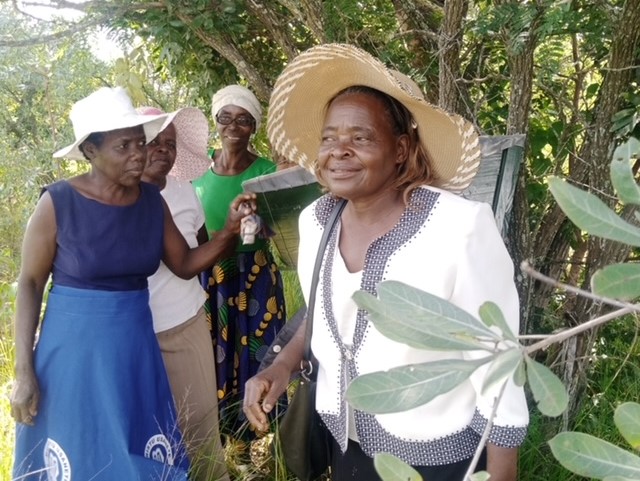
Small grants of £2,000 each were made in October last year to Rochester’s three companion dioceses in Africa: Mpwapwa and Kondoa in Tanzania and Harare in Zimbabwe. Along with other parts of East Africa, parishes and communities had been badly affected by drought.
The grants made were focussed on well-planned irrigation and agricultural diversification projects. In Mpwapwa the installation of an array of solar panels to pump water around the clock from a refurbished bore hole was begun immediately, managed by the Rev Canon Agripa at St Philip’s College. This was the first phase of a much bigger project to bring micro-irrigation to the neighbouring community and allow the production of a diverse range of fruit and veg.
January saw the launch of a bee-rearing project in four rural parishes spread over a wide area around Harare. Initially, 10 hives were provided per parish and training sessions were provided for parish delegates, plus representatives from two local schools also planning bee-rearing. The first honey production was scheduled for May.
It is planned to expand the project to 10 parishes, which could then be served by a central processing and marketing operation.
Amos Trust and its partners in Bethlehem
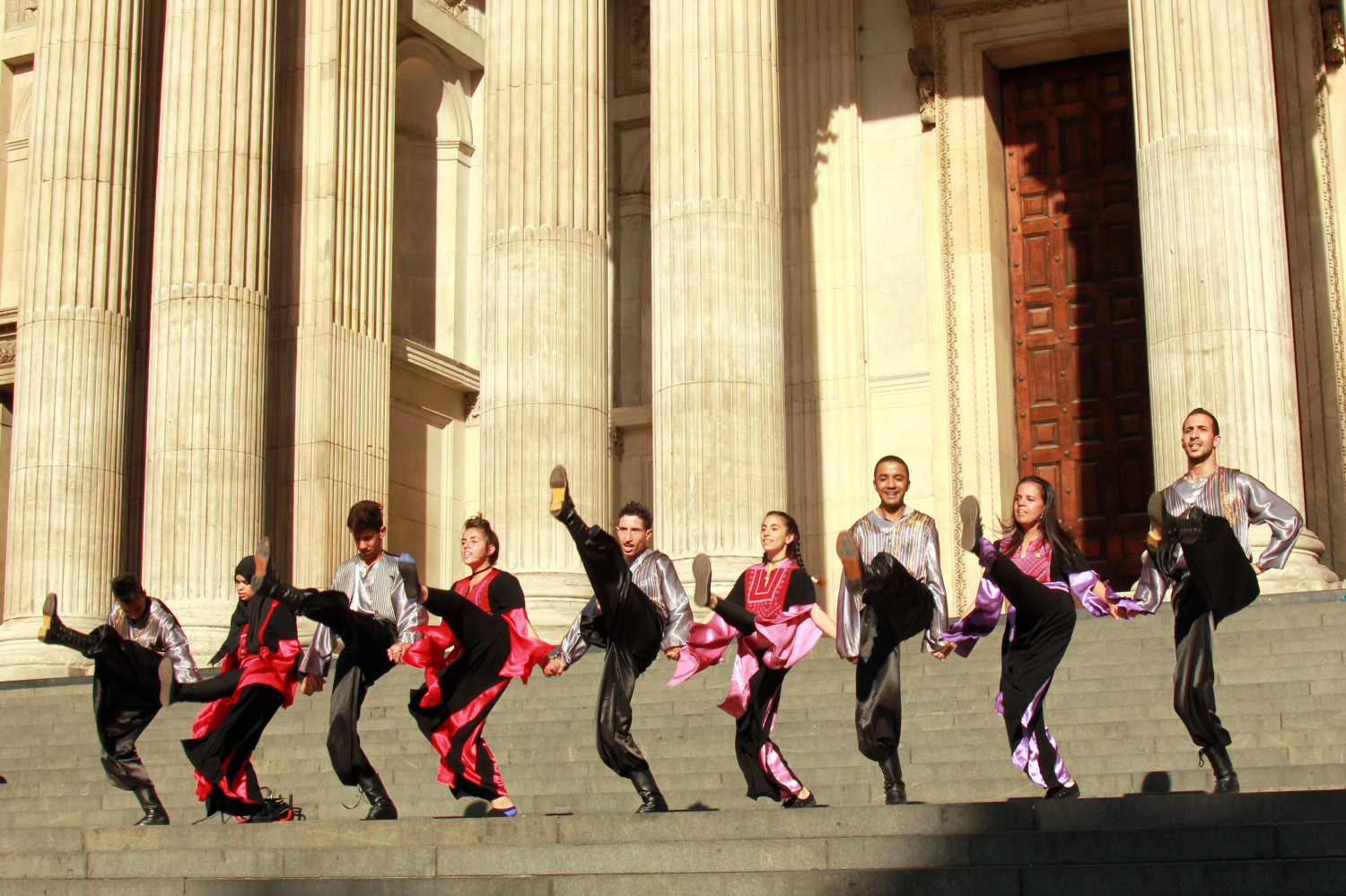
Amos Trust is a London-based Christian charity which has worked in Palestine/Israel for over 30 years. Among its Palestinian partners is Alrowwad Cultural and Arts Society, based in Aida refugee camp in Bethlehem. Alwrowwad dancers are shown in the photograph performing in London on the steps of St Paul’s Cathedral.
Alrowwad provides dynamic community arts projects, promoting the cultivation of creativity as an alternative to violence. They call it ‘beautiful, non-violent resistance’ to empower children, young people, and women. As well as offering a child-centred, safe and inclusive space, they use theatre, dance, music, photography and film as a platform through which individuals can build confidence, express themselves, and tell their stories.
Another long-term partner, Holy Land Trust, works tirelessly to strengthen communities and runs a home rebuilding programme, taking international supporters out to work alongside the community rebuilding demolished homes.
Two other partners, Tent of Nations and Wi’am Conflict Reconciliation Centre, both run educational and women’s empowerment programmes.
More information on Amos Trust and its work is available through its website www.amostrust.org
How to make a donation
We know that the pandemic has greatly affected many members of our communities and that you yourself may be struggling. However, if you are able to do so, please support the Poverty and Hope Appeal in whatever way you can.
As well as DONATING ONLINE you can also:
E-banking: You can make a donation by e-banking to the following account: Rochester Diocesan Society and Board of Finance, sort code 20-54-29, account 90760099. In the reference box, please put P&H so we can correctly allocate the money to the Poverty and Hope Appeal, and something to identify your church (or nothing if you wish your donation to be given anonymously).
Send a cheque: please make out to ‘Rochester DBF’ with ‘Poverty and Hope Appeal’ on the back and send them with any completed gift aid envelopes to Finance Team Rochester Diocese, St Nicholas Church, Boley Hill, Rochester ME1 1SL.
Add giftaid: You may increase the value of your giving by gift-aiding your donation. This allows us to reclaim the tax relating to your gift. Please download and fill in this form and return it with your donation to the Rochester Finance Team at: Finance Team Rochester Diocese, St Nicholas Church, Boley Hill, Rochester ME1 1SL.
Spread the word
We would love your help in spreading the word about the Appeal in your communities and to encourage as many donations as possible:
- Poverty and Hope 2023 booklet (pdf)
- Poster (A4)
- Social media card
- NEW suggested magazine and newsletter text
Why not invite someone to come and talk about Poverty and Hope in your church. Please email Peter Kettle, Poverty and Hope Coordinator, on: povertyandhope@gmail.com or call 01474 813 632.
Key Contacts
Peter KettlePoverty and Hope Appeal Coordinator |
